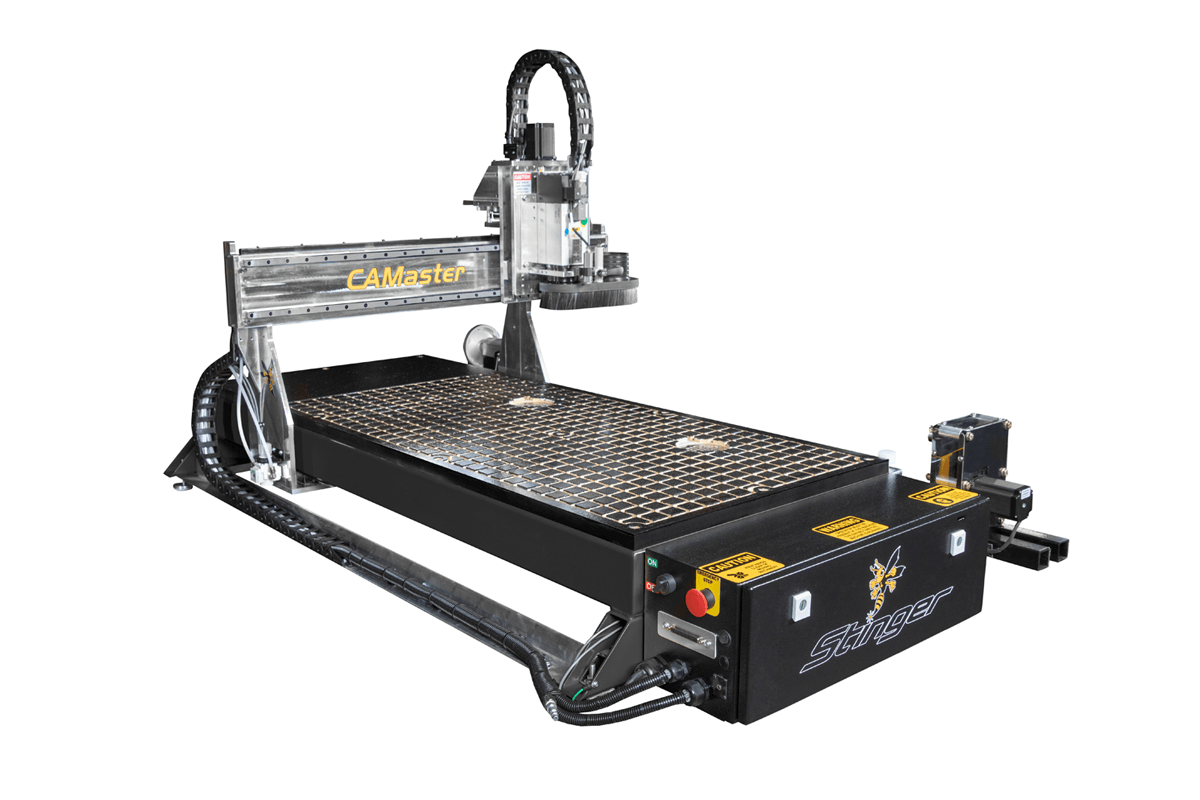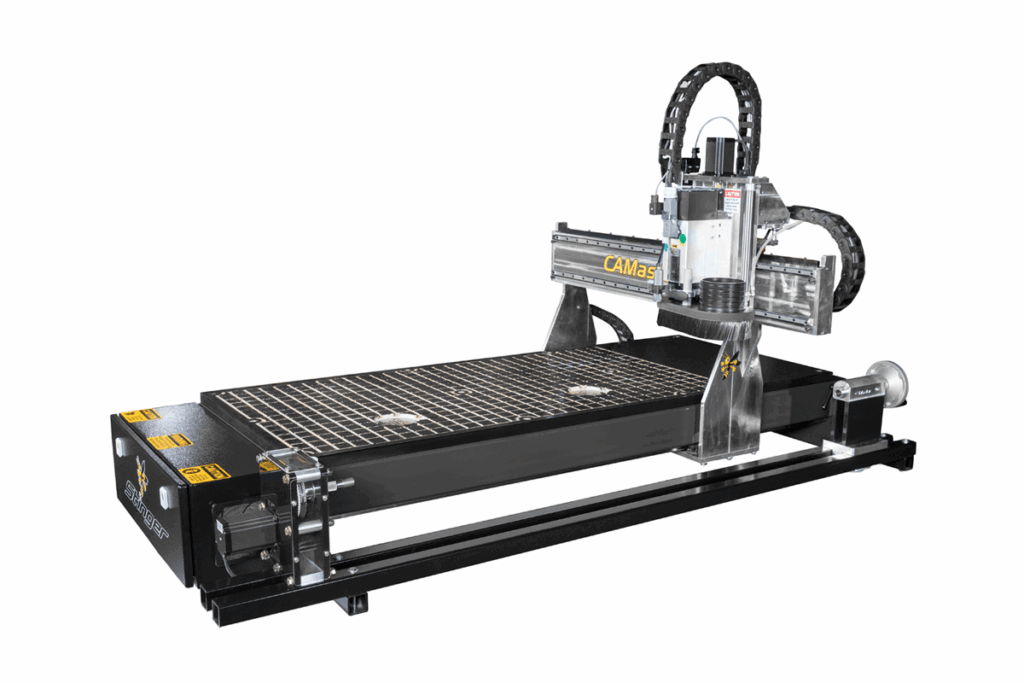The desktop CNC router has become a transformative tool for hobbyists, small business owners, and professionals alike. With its compact size and powerful capabilities, this machine brings the precision of computer-controlled machining to your workbench. Whether you’re carving wood, engraving metals, or shaping plastics, a tabletop CNC router can handle a variety of materials with ease. This guide explores everything you need to know about these versatile devices.
What Is a Desktop CNC Router?
A desktop CNC router is a compact, computer-controlled machine designed to perform tasks like cutting, engraving, and milling on a smaller scale. Unlike larger industrial CNC machines, these routers are designed for portability and affordability without compromising accuracy. They are perfect for creating intricate designs and prototypes in limited spaces.
Key Features of Desktop CNC Routers
Compact Design: These machines are built to fit on a workbench, making them ideal for small workshops or home use.
User-Friendly Software: Most models include intuitive software that simplifies the design and machining process, even for beginners.
Versatility: A tabletop CNC router can work on a variety of materials, including wood, acrylic, metal, and composites.
High Precision: Despite their size, these machines are equipped with advanced features that deliver remarkable accuracy and repeatability.
Benefits of Using a Desktop CNC Router
- Precision and Consistency
Traditional hand tools can be prone to human error, but a desktop CNC router ensures consistent results every time. This is especially crucial for projects requiring high levels of accuracy.
- Customization at Your Fingertips
The ability to design and execute unique patterns and shapes is one of the primary appeals of a tabletop CNC router. Whether you’re creating personalized gifts or bespoke furniture, the possibilities are endless.
- Space-Saving Convenience
Unlike bulky industrial machines, a desktop CNC router can easily fit into compact spaces. This makes it ideal for hobbyists or small businesses operating in limited areas.
- Time Efficiency
These routers can execute complex designs much faster than traditional methods, helping you complete projects in less time.
Factors to Consider When Choosing a Desktop CNC Router
- Material Compatibility
Ensure the router is compatible with the materials you plan to work with, such as wood, plastics, or metals.
- Software Support
Look for a machine that comes with comprehensive software support, allowing you to create and import designs seamlessly.
- Build Quality
Choose a router with a sturdy frame and high-quality components to ensure durability and long-term performance.
- Ease of Use
For beginners, opt for a tabletop CNC router with straightforward assembly and a user-friendly interface.
Applications of Desktop CNC Routers
From small-scale manufacturing to artistic endeavors, these routers are widely used in various fields:
- Sign Making: Carve intricate letters and logos for professional-looking signs.
- Jewelry Design: Create delicate patterns and shapes for custom jewelry pieces.
- DIY Projects: Bring your creative ideas to life, from decorative items to functional furniture.
- Educational Purposes: Introduce students to the principles of CNC machining in schools and workshops.
Conclusion
A desktop CNC router is a game-changer for anyone looking to explore the world of precision machining. Compact, versatile, and highly efficient, these machines empower users to bring their creative visions to life with unparalleled accuracy. Whether you’re a hobbyist or a professional, investing in a tabletop CNC router opens the door to endless possibilities in craftsmanship and innovation. Choose wisely, and you’ll have a tool that becomes an indispensable part of your creative toolkit.





